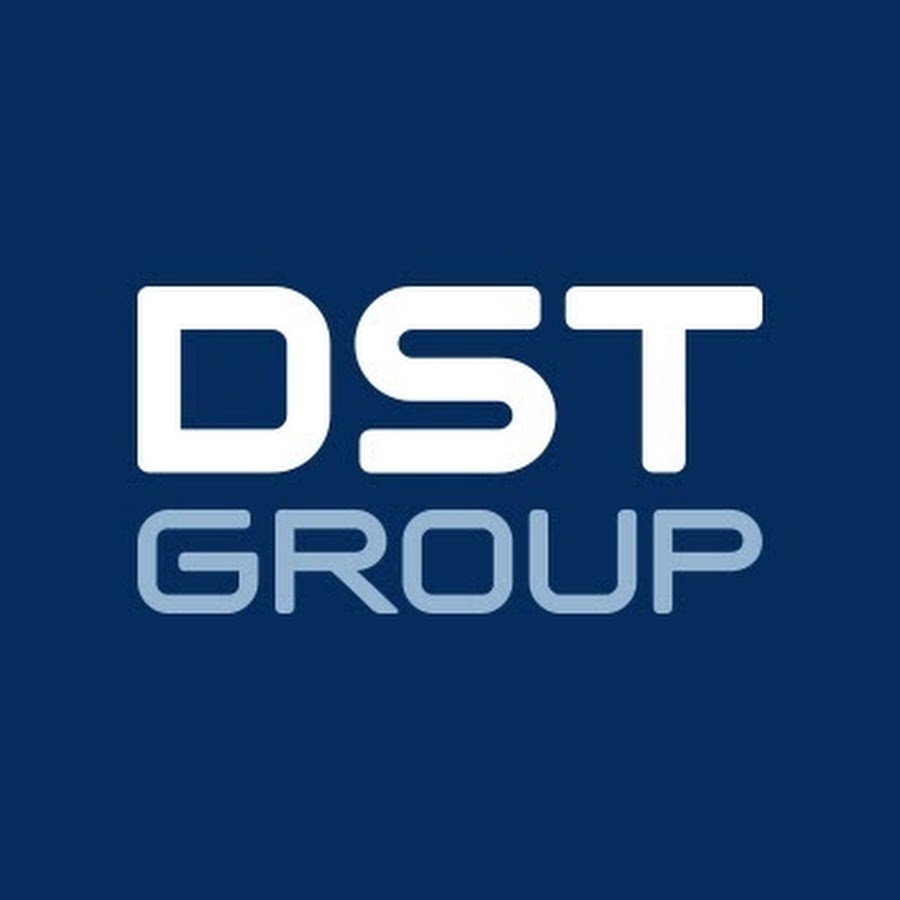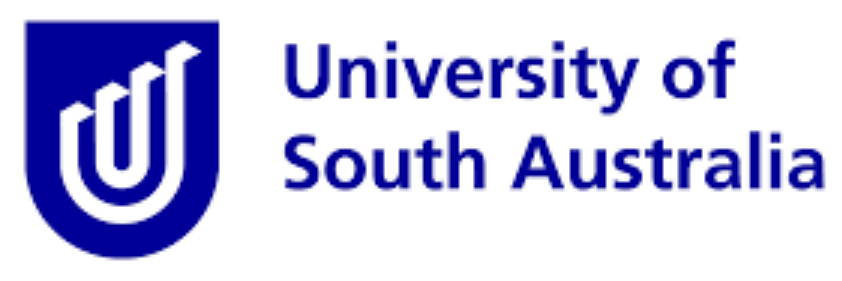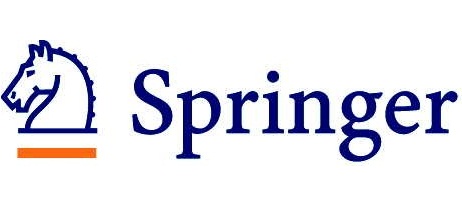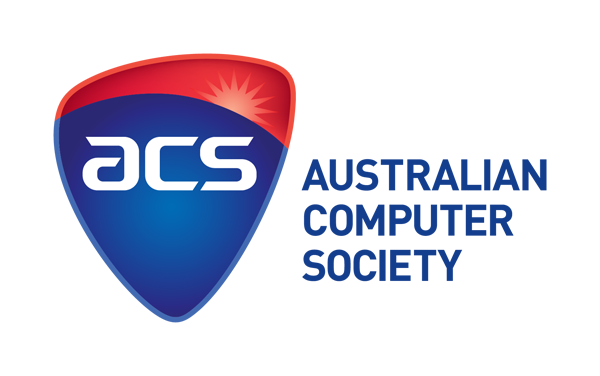Keynote speakers
We are pleased to announce the following keynote speakers at AusDM'19 and AI'19:
- Professor Albert Bifet, Télécom ParisTech and University of Waikato
- TITLE: Machine Learning for Data Streams
- ABSTRACT Big Data and the Internet of Things (IoT) have the potential to fundamentally shift the way we interact with our surroundings. The challenge of deriving insights from the Internet of Things (IoT) has been recognized as one of the most exciting and key opportunities for both academia and industry. Advanced analysis of big data streams from sensors and devices is bound to become a key area of data mining research as the number of applications requiring such processing increases. Dealing with the evolution over time of such data streams, i.e., with concepts that drift or change completely, is one of the core issues in stream mining. In this talk, I will present an overview of data stream mining, and I will introduce some popular open source tools for data stream mining.
- BIOGRAPHY Albert Bifet is a Professor at University of Waikato, and a professor at Institute Polytechnique de Paris. Previously he worked at Huawei Noah's Ark Lab in Hong Kong, Yahoo Labs in Barcelona, and UPC BarcelonaTech. He is the co-author of a book on Machine Learning from Data Streams published at MIT Press. He is one of the leaders of MOA, scikit-multiflow and Apache SAMOA software environments for implementing algorithms and running experiments for online learning from evolving data streams. He was serving as Co-Chair of the Industrial track of IEEE MDM 2016, ECML PKDD 2015, and as Co-Chair of KDD BigMine (2019-2012), and ACM SAC Data Streams Track (2019-2012).
- Professor Anton van den Hengel, University of Adelaide
- TITLE: Visual Question Answering, and why we’re asking the wrong questions
- ABSTRACT Visual Question Answering is one of the applications of Deep Learning that is pushing towards real Artificial Intelligence. It turns the typical deep learning process around by only defining the task to be carried out after the training has taken place, which changes the task fundamentally. We have developed a range of strategies for incorporating other information sources into deep learning-based methods, and the process taken a step towards developing algorithms which learn how to use other algorithms to solve a problem, rather than solving it directly. This talk thus covers some of the high-level questions about the types of challenges Deep Learning can be applied to, and how we might separate the things its good at from those that it’s not.
- BIOGRAPHY Anton van den Hengel is the founding Director of The Australian Institute for Machine Learning, Australia’s largest machine learning research group, and on many measures its most successful. He is also a Chief Investigator of the Australian Centre of Excellence in Robotic Vision, and a Professor of Computer Science at the University of Adelaide. Professor van den Hengel has been a CI on over $60m in research funding from sources including Google, Facebook, Canon, BHP Billiton and the ARC. Professor van den Hengel has won a number of awards, including the Pearcey Foundation Entrepreneur Award, the SA Science Excellence Award for Research Collaboration, and the CVPR Best Paper prize in 2010. He has authored over 300 publications, has an h-index of 51, has had 8 patents commercialised, formed 2 start-ups, and has recently had a medical technology achieve first-in-class FDA approval. Current research interests include deep learning, vison and language problems, interactive image-based modelling, large-scale video surveillance, and medical machine learning. Professor van den Hengel and his team have developed world leading methods in a range of areas within Computer Vision and Machine learning, including methods which have placed first on a variety of international leaderboards such as: PASCAL VOC (2015 & 2016), CityScapes (2016 & 2017), Virginia Tech VQA (2016 & 2017), and the Microsoft COCO Captioning Challenge (2016). Professor van den Hengel’s team placed 4th in the ImageNet detection challenge in 2015 ahead of Google, Intel, Oxford, CMU and Baidu, and 2nd in ImageNet Scene Parsing in 2016. ImageNet is one of the most hotly contested challenges in Computer Vision.
- Dr Dale Lambert, Defence Science and Technology (DST), Australia
- TITLE: Artificial Intelligence: Past, Present, Future
- ABSTRACT Artificial Intelligence (AI) is the logical limit of the current Computer Science paradigm. From its beginnings in 1956, AI can be understood as progressing through five phases, with each phase addressing shortcomings evident in previous phases. The present fifth phase is characterised by machine learning and data analytics. However, I contend AI will need to transition to a sixth phase if we are to reach the paradigm's logical limit and preserve our understanding of trust, truth and ethics.
- BIOGRAPHY Dr Dale Lambert is the Chief of Cyber and Electronic Warfare Division in the Defence Science and Technology (DST) Group within the Australian Department of Defence. He has previously served as acting Chief of the National Security and Intelligence Surveillance and Reconnaissance Division and as the Director General of Science Strategy and Policy within DST in Canberra.
- Professor Kate Smith-Miles, University of Melbourne
- TITLE: Instance Spaces for Objective Assessment of Algorithms and Benchmark Test Suites
- ABSTRACT Objective assessment of algorithm performance is notoriously difficult, with conclusions often inadvertently biased towards the chosen test instances. Rather than reporting average performance of algorithms across a set of chosen instances, we discuss a new methodology to enable the strengths and weaknesses of different algorithms to be compared across a broader generalised instance space. Initially developed for combinatorial optimisation, the methodology has recently been extended for machine learning classification, and to ask whether the UCI repository and OpenML are sufficient as benchmark test suites. Results will be presented to demonstrate: (i) how pockets of the instance space can be found where algorithm performance varies significantly from the average performance of an algorithm; (ii) how the properties of the instances can be used to predict algorithm performance on previously unseen instances with high accuracy; (iii) how the relative strengths and weaknesses of each algorithm can be visualized and measured objectively; and (iv) how new test instances can be generated to fill the instance space and offer greater insights into algorithmic power.
- BIOGRAPHY Kate Smith-Miles holds an Australian Laureate Fellowship (2014-2019) from the Australian Research Council, and is a Professor of Applied Mathematics at The University of Melbourne. She was previously Head of the School of Mathematical Sciences at Monash University (2009-2014), and Head of the School of Engineering and IT at Deakin University (2006-2009). Having held chairs in three disciplines (mathematics, engineering and IT) has given her a broad interdisciplinary focus, and she was the inaugural Director of MAXIMA (Monash Academy for Cross and Interdisciplinary Mathematical Applications) from 2014-2017. Kate has published over 250 refereed journal and international conference papers in the areas of neural networks, optimisation, machine learning, and various applied mathematics topics. She has supervised to completion 24 PhD students, and has been awarded over AUD$12 million in competitive grants. In 2010 she was awarded the Australian Mathematical Society Medal for distinguished research, and in 2017 she was awarded the E. O. Tuck Medal for outstanding research and distinguished service in applied mathematics by the Australian and New Zealand Industrial and Applied Mathematics Society (ANZIAM). Kate is a Fellow of the Institute of Engineers Australia and a Fellow of the Australian Mathematical Society (AustMS). She has served as President of the AustMS (2016-2018), and a member of the Australian Research Council’s College of Experts (2017-2019). She also regularly acts as a consultant to industry in the areas of optimisation, data mining, intelligent systems, and mathematical modelling.
- Professor Xin Yao, Southern University of Science and Technology, China and University of Birmingham, UK
- TITLE: Forgotten Questions in Brain-inspired Computing?
- ABSTRACT There have been great progresses in artificial intelligence research and applications in recent years. Among the progresses is the research of brain-inspired computing. For example, there have been many hardware chips that claim to be brain-like or brain-inspired. There are even more algorithms and software systems claiming to be brain-inspired. However, almost all these research and applications seem to focus on learning, while overlooking another fundamental form of adaptation in Nature --- evolution. This talk argues that evolution is essential, along with learning, in building intelligent systems. Evolution is a powerful form of adaptation that complements learning. It helps a system to adapt to multiple tasks and dynamic environments. Examples will be given to illustrate what evolution can (or cannot yet) do in building intelligent systems.
- BIOGRAPHY Xin Yao is a Chair Professor of Computer Science at the Southern University of Science and Technology, Shenzhen, China, and a part-time professor at the University of Birmingham, UK. He worked as a postdoc, research fellow, lecturer, senior lecturer and associate professor in 1990-99 in Australia, at ANU, CSIRO and UNSW@ADFA, before taking up his position as a Chair of Computer Science at the University of Birmingham, UK, on the April Fool's Day in 1999. His major research interests include evolutionary computation, ensemble learning and search based software engineering. His work won the 2001 IEEE Donald G. Fink Prize Paper Award, 2010, 2016 and 2017 IEEE Transactions on Evolutionary Computation Outstanding Paper Awards, 2010 BT Gordon Radley Award for Best Author of Innovation (Finalist), 2011 IEEE Transactions on Neural Networks Outstanding Paper Award, and many other best paper awards at conferences. He received the prestigious Royal Society Wolfson Research Merit Award in 2012 and the IEEE CIS Evolutionary Computation Pioneer Award in 2013. He is the recipient of the 2020 IEEE Frank Rosenblatt Award, an IEEE technical field award.
Paper submission (extended): 12 August 2019
Notification: 30 September 2019
Camera-ready: 14 October 2019
(Anywhere on Earth Time)
Important dates
Abstract registration: 15 July 2019Paper submission (extended): 12 August 2019
Notification: 30 September 2019
Camera-ready: 14 October 2019
(Anywhere on Earth Time)





